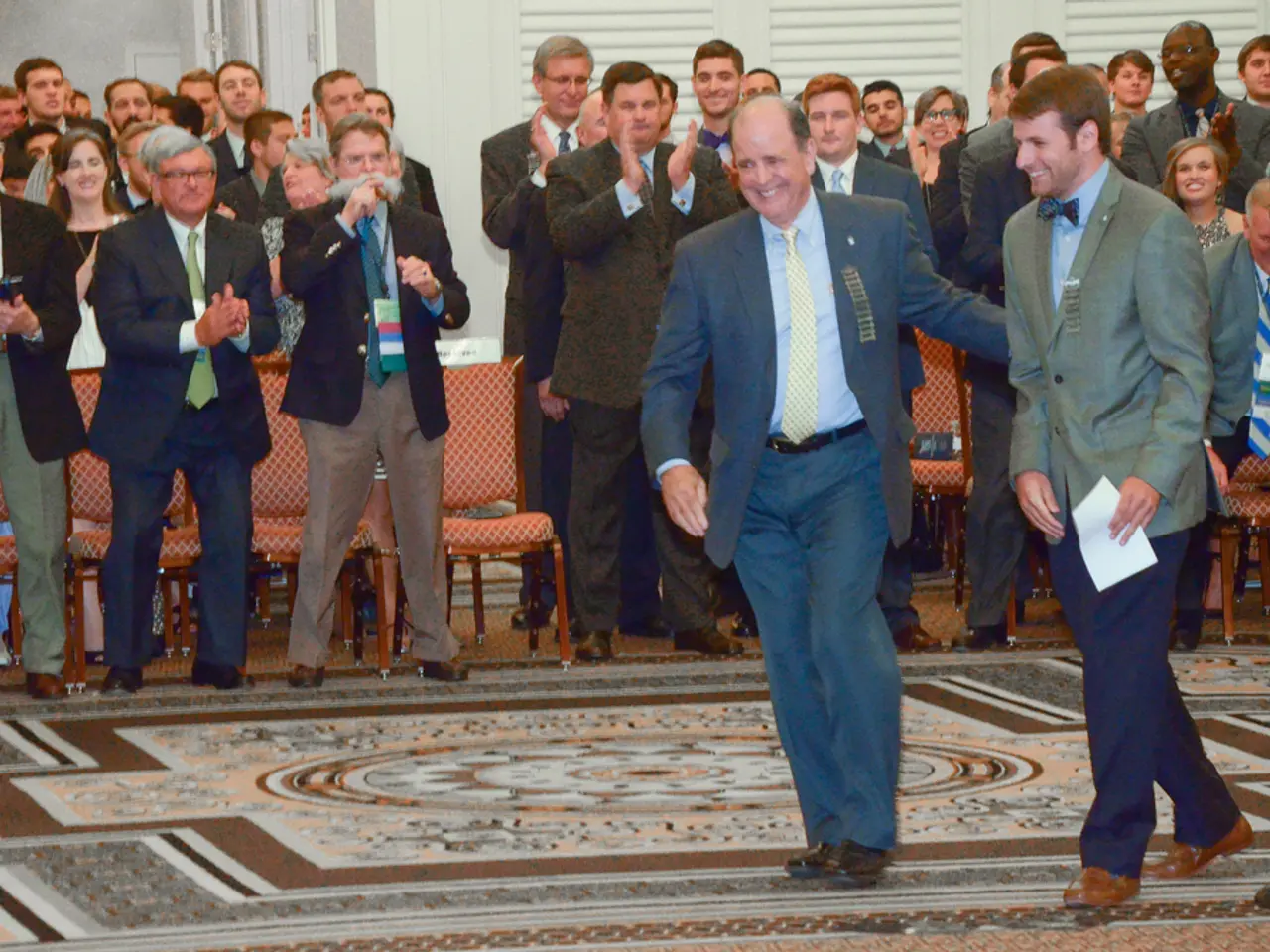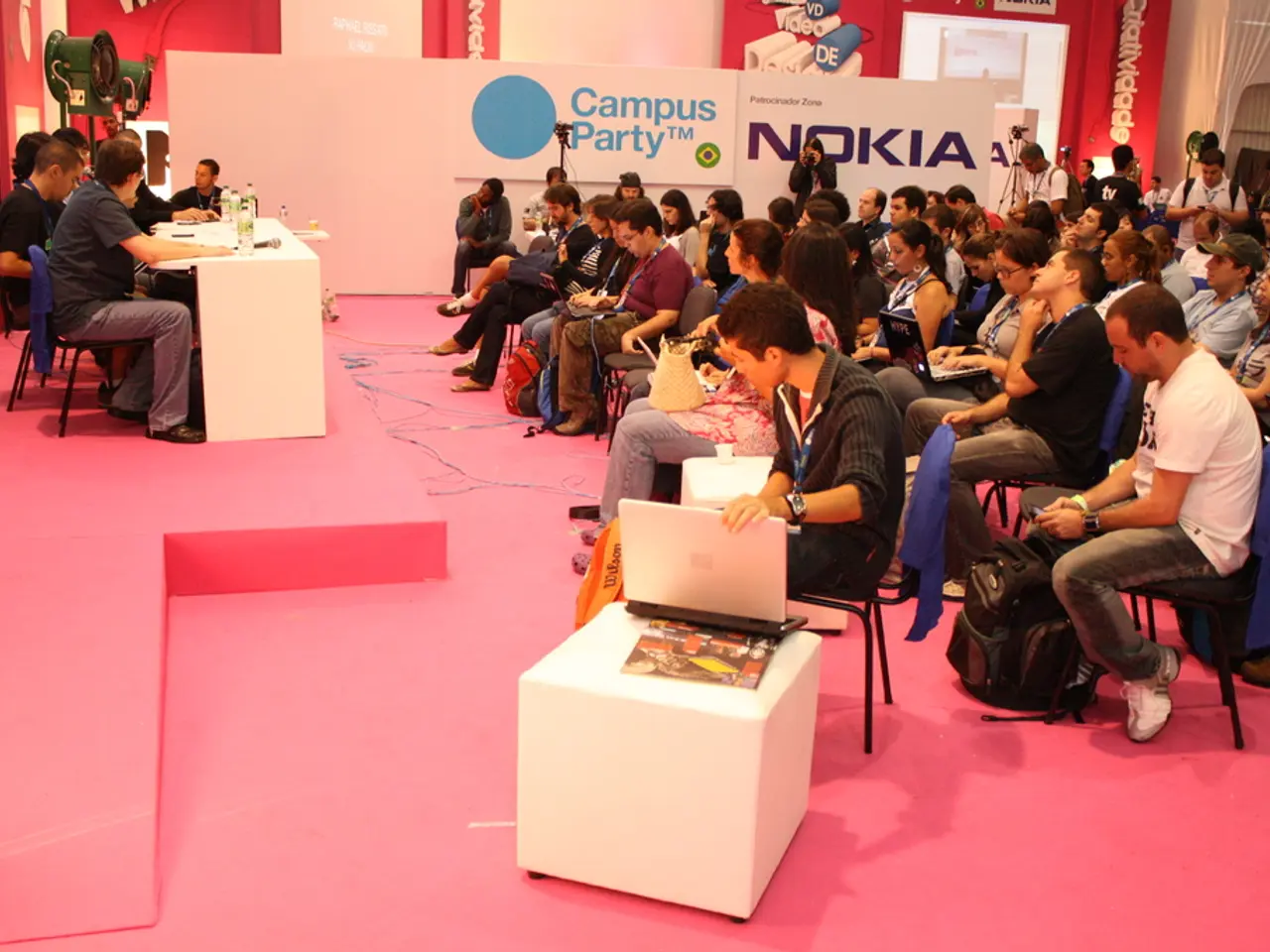Persuading Pitchers to Join: Strategies for Encouraging MLB All-Stars to Participate
The MLB All-Star Game has seen a growing trend of pitchers opting out of the event, with the latest example being Garrett Crochet's decision to focus on workload management. This has raised concerns about the game's credibility and star power, particularly among elite pitchers. Here are several ideas and potential solutions to address this issue.
**Rescheduling or Restructuring the All-Star Break**
One proposed solution is to move the All-Star Game to the end of the season or the winter meetings, thereby removing the risk of interrupting pitchers' regular season rhythms. Another option is to extend the All-Star Break, giving players more time to rest and recover before resuming regular season play. A third possibility is to transform the All-Star Game into a skills challenge or exhibition, reducing the pressure to perform at full intensity and making participation less taxing on pitchers' arms.
**Incentivizing Participation**
Financial incentives, such as bonuses or charity donations, could be offered to players for participating, not just for being selected. Teams could also receive benefits, such as extra draft picks or international bonus pool money, for having their players participate. Enhanced recognition, like a "True All-Star" designation, could also be awarded to players who actually compete in the game, creating additional social and career incentives.
**Roster and Selection Flexibility**
Expanding pitching rosters could help spread the workload more evenly and reduce the pressure on individual pitchers to perform multiple innings. Focusing on relievers and setup men, who are less likely to be on strict innings limits and more accustomed to pitching in irregular situations, could also be beneficial. Prioritising "availability" in selection could give greater weight to pitchers who are confirmed to be available and willing to participate.
**Transparency and Communication**
Clear opt-out policies should be established and publicised, reducing negative media attention and fan frustration. Improved dialogue with players could ensure that All-Star reforms align with pitchers' concerns about health and workload.
**Balancing Merit and Participation**
Avoiding last-minute additions of inexperienced pitchers could help maintain the event's prestige and discourage established stars from skipping it. Proactively identifying and promoting deserving replacements could ensure the game still features top-tier talent.
Several experts have expressed varying opinions on the issue. Dayn Perry has suggested having a coach throw batting practice and having hitters and fielders play for a few innings, with no pitchers involved. However, this suggestion has been met with scepticism, as it is neither serious nor likely to become more serious with further thought. R.J. Anderson, on the other hand, has suggested incentivising participation with a great financial reward.
Ultimately, addressing pitcher opt-outs requires balancing the physical demands of modern baseball, the prestige of the All-Star Game, and the expectations of fans. Solutions range from structural changes to the event calendar, to targeted incentives, to smarter roster construction. The league must adapt to the realities of pitcher workload management while preserving the All-Star Game's status as a premier showcase of the sport's best talent.
- Despite concerns over pitchers' decisions to skip the MLB All-Star Game, several ideas and potential solutions have been proposed to address this issue.
- One proposed solution is to reschedule or restructure the All-Star Break, which could involve moving the game to the end of the season, extending the break, or transforming it into a skills challenge.
- Another proposed solution is to incentivize participation by offering financial bonuses, charity donations, extra draft picks, or international bonus pool money to players and teams.
- Roster and selection flexibility could also be beneficial, such as expanding pitching rosters, focusing on relievers, setup men, and prioritizing availability in selection.
- Transparency and communication are key to addressing this issue, with clear opt-out policies and improved dialogue with players to ensure All-Star reforms align with pitchers' concerns. It's also important to balance merit and participation, avoiding last-minute additions of inexperienced pitchers while proactively identifying and promoting deserving replacements.







